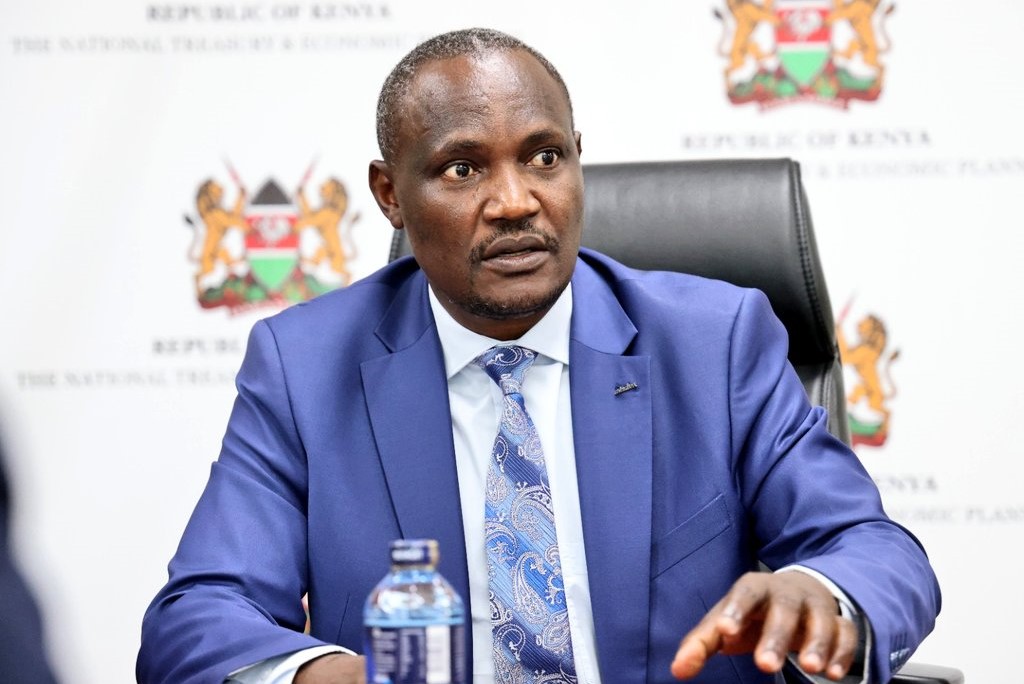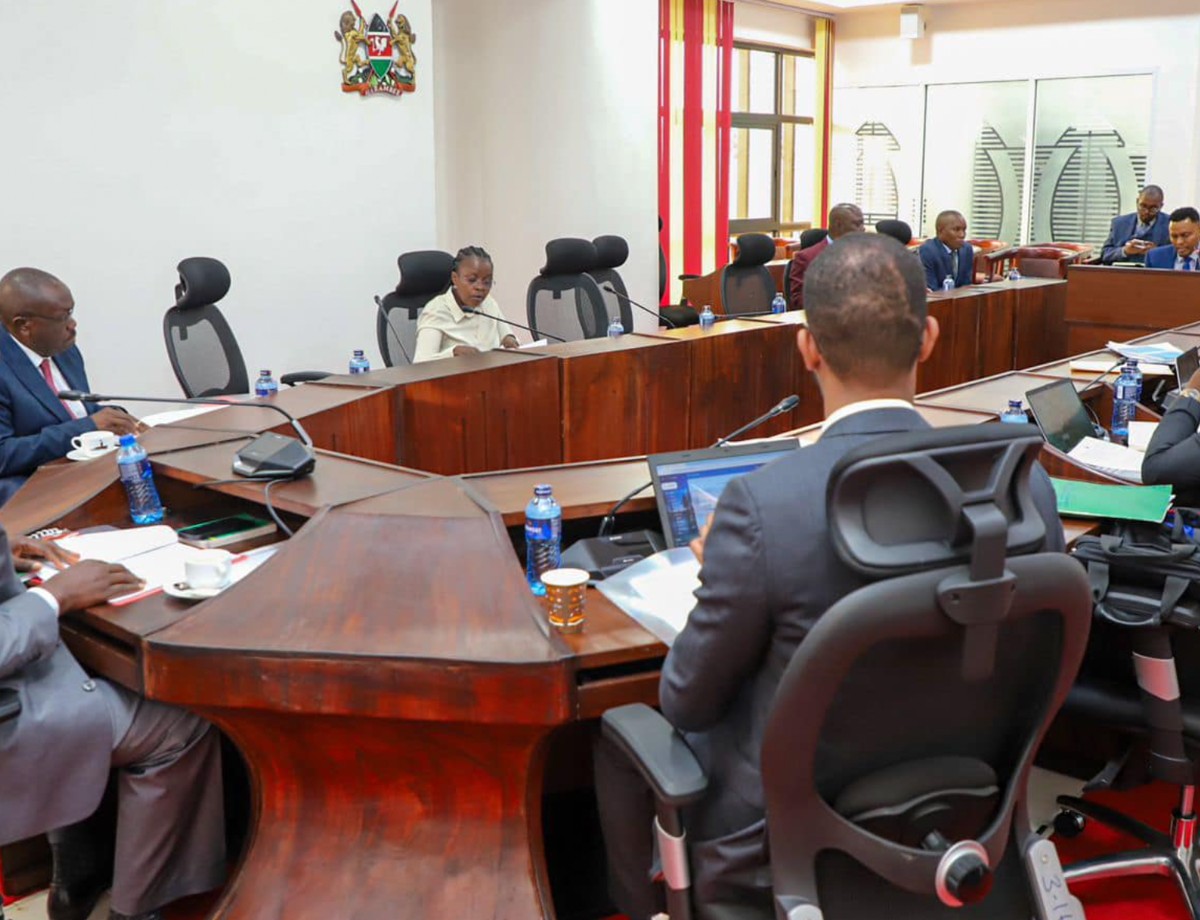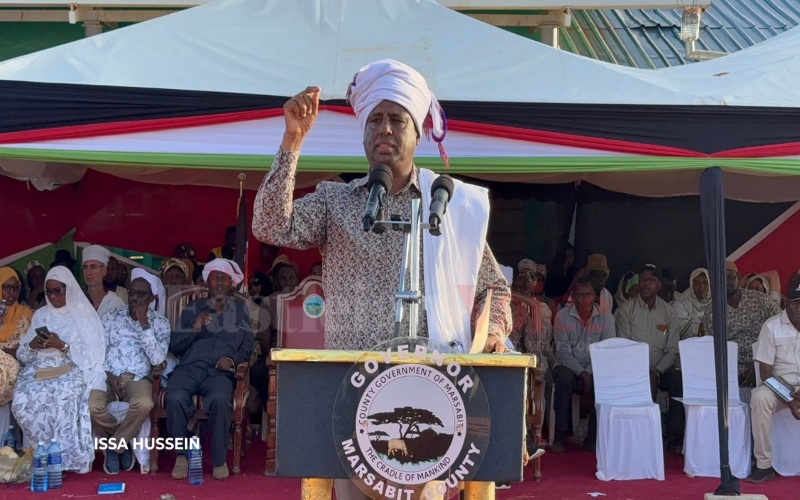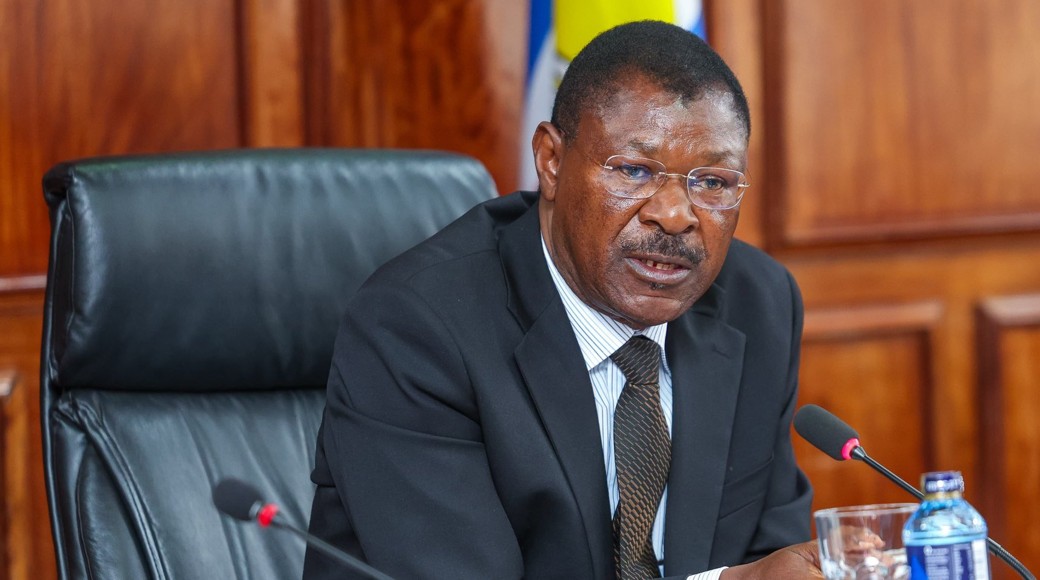State targets ghost workers as Education Ministry first to undergo payroll system overhaul

Treasury CS Mbadi said the ministry has long been burdened by cases of deceased teachers remaining on the payroll for years.
The Ministry of Education will be the first to undergo a payroll system overhaul as part of the government's efforts to eliminate ghost workers, National Treasury Cabinet Secretary John Mbadi has revealed.
The reform, which aims to tackle payroll fraud, is expected to save taxpayers billions of shillings lost due to inflated wage bills.
More To Read
- Education Ministry closes 10 ‘ghost’ schools as audit finds 6,000 under-enrolled institutions
- Govt announces measures to resume learning in universities after 49-day lecturers' strike
- Tunza Mtoto Coalition demands full disclosure of ghost student audit findings
- No more certificates for Grades 6 and 9 learners under new education policy
- Ministry of Education addresses missing exam papers in KJSEA rollout
- SRC nominee Thoyah Kingi vows to tackle ghost workers, strengthen payroll oversight
Mbadi said the ministry has long been burdened by cases of deceased teachers remaining on the payroll for years.
“We will start by targeting the Ministry of Education, where we have the biggest wage bill, the Teachers Service Commission, and the others to eliminate them,” Mbadi said.
He noted that if dead teachers could still be paid, there was a likelihood that non-existent individuals were also on the payroll.
Mbadi explained that the government is introducing a unified payroll system because of concerns about ghost workers across various ministries, departments, and agencies.
“Kenya needs a system that will eliminate these ghost workers who are denying us the resources we need for development,” he added, stressing the urgency of curbing the problem, which has led to the loss of hundreds of millions of shillings in fraudulent salaries.
The CS referenced a 2007 investigation by the defunct Kenya Anti-Corruption Commission that uncovered significant payroll fraud in the Teachers Service Commission.
While the payroll officially listed 230,000 teachers, only 198,000 could be accounted for, meaning 32,000 "ghost teachers" were potentially being paid.
Mbadi, a former chairperson of the Public Accounts Committee, recounted a case where teachers continued to be paid even after their deaths.
UNDP audit
In addition to the Education Ministry, the government plans to expand the system to other departments. The new payroll framework is based on findings by the United Nations Development Programme, which audited other countries and found that up to 17 per cent of workers on payrolls were ghost workers.
“I suspect that Kenya could even be worse. We are working on rolling out a unified payroll system because we have our fears too,” Mbadi said.
The initiative follows a Cabinet meeting in September chaired by President William Ruto. During the meeting, it was resolved to implement radical reforms to address the issue of ghost workers in government.
The Cabinet approved the establishment of a unified personnel identification system to curb payroll fraud across all arms of government, including constitutional offices.
President Ruto affirmed that the new identification system will ensure only qualified individuals are employed in public service, thus reducing payroll fraud.
The decision was informed by a Public Service Commission (PSC) report for the fiscal year ending June 30, 2023, which uncovered 19,467 ghost workers in the national government. These included 12,535 in ministries, 4,558 in state corporations, and 2,287 in public universities.
The PSC report recommended that all public organisations develop human resource management plans by June 30, 2024. To this end, the government has developed the Kenya Human Resource Information System (KHRIS), a payroll module aimed at managing civil servants' salaries.
The system, developed with support from the World Bank, will be fully implemented across all state departments by June 30, 2025.
KHRIS will feature eight modules, including an establishment module to define the number of employees each state department should have, and a pension module to streamline payments.
Top Stories Today














































